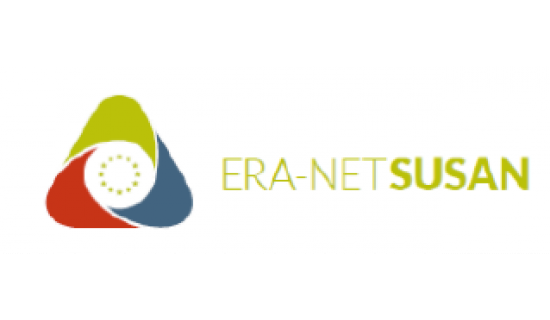Progetto Wool-Fair
Wool fuels the resilience and competitiveness of sheep farming in European marginal lands
Along with milk and meat, wool has been a product traditionally linked to sheep farming all over the world, providing low cost and handy fiber for clothes, mattresses and bedding. However, the intensification of the farming sector in the last 70 years, which has markedly changed the animal production sector, has determined a radical shift in the wool production line with wool systematically collected only from few breeds and only from large flocks.
Unprocessed wool was managed as an animal by product of category 3 according to the European legislation (Regulation (EC) No 1069/2009) and its disposal implied additional costs for small farmers. This decision mined the economic viability of sheep farms located in marginal lands, which are often regarded as area of major environmental value. Sheep farming does concur to the preservation and maintenance of this natural heritage.
The genetic resources of European sheep breeds call for attention, since there are over 600 different pure breeds of sheep in EU, and every breed and crossbred produces wool with different characteristics. We aim at improving the production of an animal and eco- friendly wool from local breeds raised in marginal lands of Europe.
Four complementary actions will be taken along the different steps of the wool production chain to achieve this goal:
- Encouraging a management oriented to promote sheep health and welfare
- Increase wool quality by genetic selection and improved health and welfare
- Optimize the system of wool collection in marginal lands.
- Promote an eco and animal friendly wool.
The project will lead to the generation of a model of a sustainable production system with a threefold impact on
- the resilience and competitiveness of small sheep farms expanding the range of marketable products
- the preservation of the environment on a multiple scale, minimizing the carbon footprint of wool disposal and preventing the abandon of marginal areas.
- The demand of consumers for an eco and animal friendly product.

